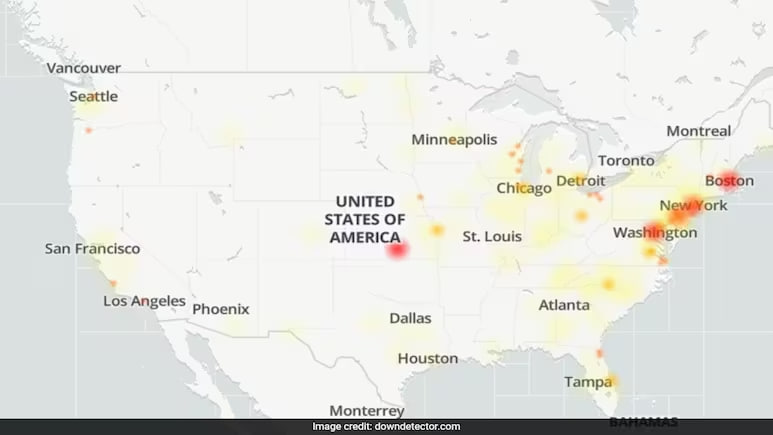In the world of financial markets, two prominent avenues for trading have emerged: Forex trading and Crypto trading. While both offer opportunities for profit and investment, they operate within different landscapes and carry distinct characteristics. Understanding the nuances of each can help traders determine which avenue aligns best with their objectives, risk tolerance, and expertise. Let’s delve into the realms of Forex trading and Crypto trading to explore their unique features and considerations.
Forex Trading:
Forex Trading Overview:
Forex, short for Foreign Exchange, involves the buying and selling of currencies in the global marketplace. It’s the largest financial market in the world, characterized by high liquidity, continuous operation (24/5), and immense trading volumes. Participants in the Forex market include banks, financial institutions, corporations, governments, and individual traders.
Pros of Forex Trading:
- Liquidity: The Forex market boasts high liquidity, ensuring that traders can enter and exit positions with ease, even for large volumes.
- Leverage: Forex brokers often offer high leverage, allowing traders to control large positions with relatively small amounts of capital.
- Diverse Trading Opportunities: With a multitude of currency pairs available for trading, Forex offers diverse opportunities for traders to capitalize on fluctuations in exchange rates.
- Accessibility: Forex trading is accessible to a wide range of traders, from institutional investors to individual retail traders, thanks to the availability of online trading platforms and low barriers to entry.
Cons of Forex Trading:
- Volatility: While volatility can present trading opportunities, it also increases the risk of substantial losses, especially for traders who employ high leverage without proper risk management.
- Complexity: Understanding the factors influencing currency movements, such as economic indicators, geopolitical events, and central bank policies, requires a deep understanding of global economics and market dynamics.
- Market Manipulation: Due to the decentralized nature of the Forex market, instances of market manipulation and price spikes may occur, posing risks to traders.
Crypto Trading:
Crypto Trading Overview:
Crypto trading involves the buying and selling of cryptocurrencies, digital assets that utilize cryptographic techniques for secure transactions and decentralized control. Bitcoin, Ethereum, and a myriad of altcoins comprise the cryptocurrency market, which operates 24/7 and is renowned for its volatility and innovation.
Pros of Crypto Trading:
Potential for High Returns: The cryptocurrency market has witnessed exponential growth, with certain assets experiencing rapid price appreciation over relatively short periods, offering significant profit potential.
- Decentralization: Cryptocurrencies operate on decentralized blockchain networks, which are resistant to censorship and offer transparency and immutability.
- Innovation and Technological Advancement: The cryptocurrency space is characterized by innovation, with projects exploring applications beyond financial transactions, such as decentralized finance (DeFi), non-fungible tokens (NFTs), and blockchain interoperability.
- Accessibility and Inclusivity: Crypto trading is accessible to anyone with an internet connection and can be conducted through various platforms and exchanges, democratizing access to financial markets.
Cons of Crypto Trading:
Volatility: Cryptocurrencies are known for their extreme volatility, which can lead to substantial gains or losses within short timeframes, amplifying the importance of risk management strategies.
Regulatory Uncertainty: Regulatory frameworks surrounding cryptocurrencies vary significantly across jurisdictions, leading to uncertainty regarding legal and compliance issues for traders and investors.
Security Risks: The decentralized nature of cryptocurrencies, while offering benefits in terms of privacy and autonomy, also exposes traders to security risks, such as hacking attacks, scams, and wallet vulnerabilities.
In conclusion, both Forex trading and Crypto trading offer unique opportunities and challenges for traders seeking to participate in the global financial markets. While Forex trading provides access to the largest and most liquid market in the world, Crypto trading offers the potential for high returns, innovation, and decentralization. Ultimately, the choice between Forex and Crypto trading depends on factors such as risk tolerance, investment objectives, market expertise, and regulatory considerations. By carefully evaluating these factors and staying informed about market developments, traders can make informed decisions that align with their financial goals and preferences. Whether one chooses to trade Forex, Crypto, or both, prudent risk management and continuous learning are essential for navigating the dynamic landscape of financial trading.






